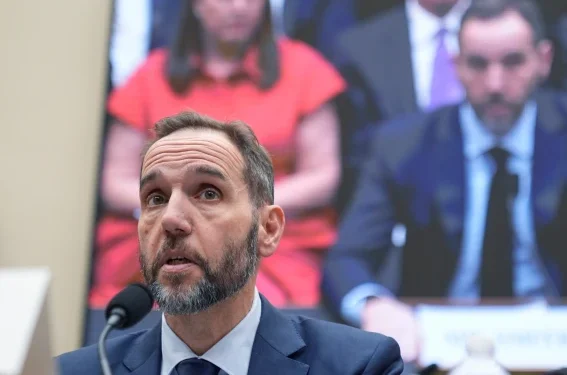The Ghana Chamber of Young Entrepreneurs (GCYE) has sounded the alarm over what it describes as crippling lending rates faced by small and medium enterprises (SMEs) in the country.
According to the chamber, the current cost of borrowing is suffocating entrepreneurs, suppressing business expansion, and threatening the survival of Ghana’s entrepreneurial economy.
The concern comes on the back of a recent publication by the Bank of Ghana (BoG), which revealed that commercial banks in the country were charging annualized percentage rates (APRs) ranging from as low as 17 percent to as high as 45 percent at the end of June 2025.
GCYE Chief Executive, Sherif Ghali, minced no words in expressing his frustration, stressing that such exorbitant rates are stifling growth and making Ghanaian businesses less competitive in the sub-region.
“High Borrowing Eats into Working Capital”
Speaking on behalf of young entrepreneurs, Ghali lamented that high lending rates are draining working capital and leaving businesses unable to expand or reinvest in operations.
“For me, it is so high, and high borrowing capital eats into working capital, suppressing expansion, especially the people I lead who are young people. If the first option to get funding is traditional banks and they are offering rates this high, it is not good.”
Sherif Ghali
He warned that without urgent reforms, Ghana’s ambition of building an entrepreneurial-driven economy could be derailed. “This does not auger well for encouraging an entrepreneurial economy,” he added.
The BoG’s June 2025 APR report captured data from all 23 commercial banks operating in the country. The findings showed that while some banks such as Bank of Africa and Republic Bank were offering relatively lower rates—20.22 percent for a one-year tenor and 21.43 percent for a three-year loan respectively—others were charging well above 40 percent.
The APR, which reflects the true cost of borrowing, comprises the Ghana Reference Rate, bank-specific risk premiums, and additional charges imposed by financial institutions. While the central bank insists the publication promotes transparency and competition among banks, critics argue that the wide disparity still leaves SMEs in a precarious position.
Young Entrepreneurs Face Barriers to Credit
For many young entrepreneurs, access to affordable credit remains a major stumbling block. Ghali explained that the people he represents—largely youth-led enterprises—often find themselves excluded from meaningful financing opportunities.
“The people whom I lead are young people, and some of them cannot go to the bank to raise credit facilities or capital. Ghana’s rate is not healthy for expansion and trade. We cannot compete.”
Sherif Ghali
This, according to him, creates a vicious cycle where promising businesses with innovative ideas remain stagnant or collapse altogether due to unsustainable debt obligations.
Call for Comprehensive Credit System
The GCYE boss has therefore called for a comprehensive credit system tailored specifically for SMEs. He believes that long-term credit facilities, robust risk assessment mechanisms, and the integration of digital operational modules would go a long way in easing the financial burden on small businesses. “Ghana needs targeted policies that make it easier for SMEs to access affordable credit. We must build systems that encourage growth rather than frustrate it,” he urged.
Ghali further warned that the high cost of borrowing is not just a domestic issue but also a regional competitiveness challenge. With neighboring countries offering more favorable lending conditions, Ghanaian businesses are at a disadvantage in trade and investment opportunities across West Africa. “If we want to be competitive in the sub-region, we cannot continue with lending rates this high. It discourages investors and kills the entrepreneurial spirit,” he cautioned.
The GCYE is urging the Bank of Ghana and the government to take decisive steps to ensure that lending rates are reviewed and streamlined in a manner that supports economic growth. According to Ghali, the sustainability of Ghana’s entrepreneurial ecosystem depends on the ability of SMEs to access affordable credit.
“BoG and government must look into the enforceability of lending rates and ensure reduced borrowing costs. This is not just about numbers; it’s about the future of our youth, our businesses, and our economy.”
Sherif Ghali
READ ALSO: UK Government Borrowing Falls But Challenges Loom























